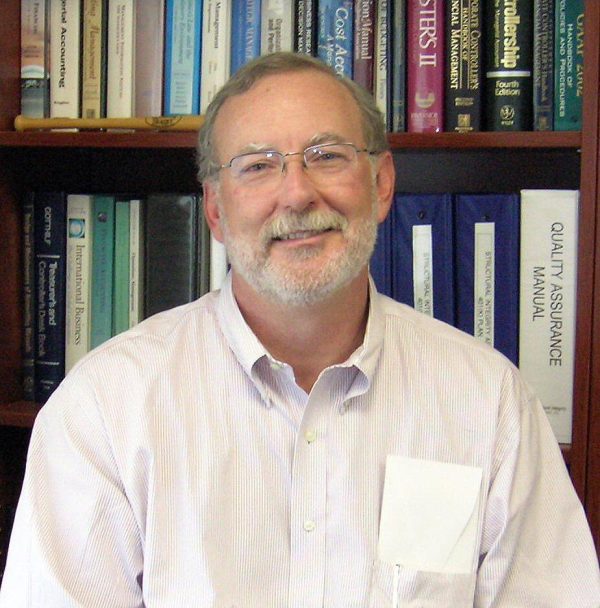Laney Bisbee

Q. What does your company do?
A. We provide engineering consulting to the electric power industry, specializing in the analysis, inspection and lifing of critical pressure components in nuclear and fossil power plants. We also do failure investigations and use the outcomes of these investigations to develop remediation programs to assess the potential and prevent similar failures throughout the industry.
Q. What academic degrees do you hold?
A. B.S. from UNC Charlotte, 1977
Q. What is the purpose of the Board of Advisors?
A. We provide industry perspective guidance to the college in areas selected by the Dean.
Q. What changes have you seen in the college and UNC Charlotte?
A. Tremendous growth and more global recognition.
Q. What is exciting at the college?
A. The growth and diversity of the engineering disciplines being offered.
Q. What do you see in the future for the college?
A. The potential for additional diversification, but also challenges with the growth in the current economy.
Your Engineering Career
Q. Why did you become an engineer?
A. I was originally a math major – very little future beyond high school teaching. My advisor suggested I transfer to engineering, based on my math skills. I was converted during my first materials course and have been passionate about engineering ever since.
Q. What skills have been important in your career?
A. All technical skills; however, the real differentiators are all communication skills (written and oral) , inter-personal business relationship skills, and leadership skills.
Q. What changes have you seen in the profession during your career?
A. Of course huge technological changes, but also an increasing dependence on the ability to quickly research topics, and also the global nature of the profession.
Q. What is the most exciting project you ever worked on?
A. There have been many – but in general the most exciting and rewarding can be characterized as failure investigations where the casual analysis allowed the correct process, operational, procedural, and/or maintenance modifications to be made that mitigated future failures and eliminated the corresponding exposure of staff and facilities to the dangers from catastrophic failures.
Q. What is the best career advice anyone ever gave you?
A. Continuously seek out coaches and mentors for every aspect of your career needs.
Q. What do you like best about your job?
A. My collaborative relationship with staff and clients.